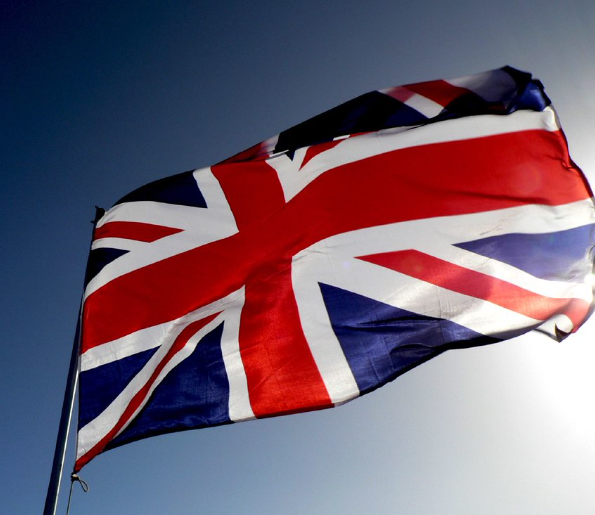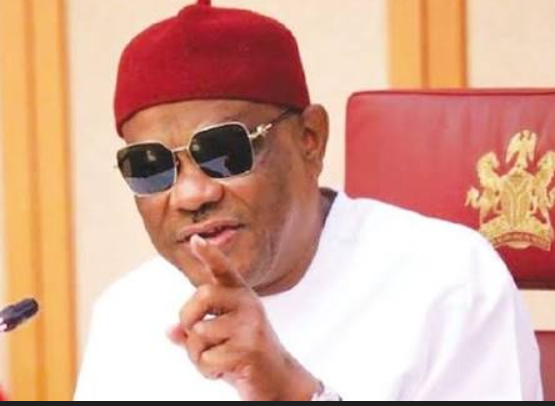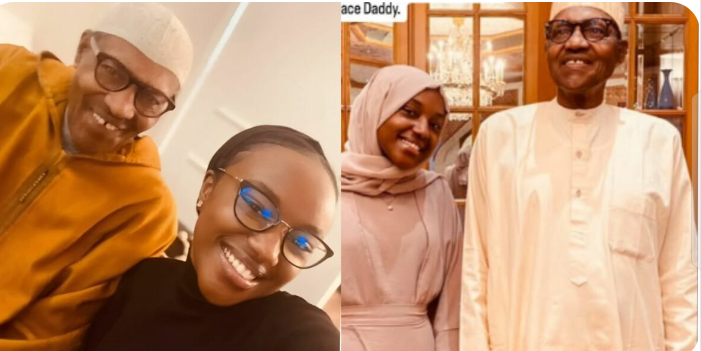
UK Turns Down Nigeria’s Bid to Bring Ekweremadu Home to Complete Prison Term
In a development that has stirred renewed debate across diplomatic, political, and public spheres, the United Kingdom has rejected the Federal Government of Nigeria’s request to have former Deputy Senate President Ike Ekweremadu transferred home to complete the remainder of his prison sentence. The decision, confirmed through diplomatic channels, marks
In a development that has stirred renewed debate across diplomatic, political, and public spheres, the United Kingdom has rejected the Federal Government of Nigeria’s request to have former Deputy Senate President Ike Ekweremadu transferred home to complete the remainder of his prison sentence. The decision, confirmed through diplomatic channels, marks a definitive stance by the UK government and signals the end of months of behind-the-scenes negotiations aimed at securing Ekweremadu’s repatriation.
Ekweremadu, once one of Nigeria’s most influential lawmakers, is currently serving a nine-year, eight-month prison sentence handed down by a UK court in 2023 after he, his wife, and a medical consultant were convicted for conspiring to exploit a young man’s kidney. The case, which revolved around allegations of organ trafficking, sent shockwaves across Nigeria and the international community, becoming the first conviction under the UK’s Modern Slavery Act involving organ-harvesting offences. Despite widespread reactions, political commentary, and appeals from various quarters in Nigeria, the UK has stood its ground on allowing justice to run its full course within its jurisdiction.
According to high-level sources familiar with the communication between both governments, the Nigerian government formally submitted a request earlier this year under the framework of prisoner transfer agreements, hoping the UK would show “compassion” and allow Ekweremadu to serve the remainder of his sentence on Nigerian soil. Supporters of the former lawmaker argued that transferring him back home would allow him to serve his punishment closer to his family and under a familiar correctional environment while still fulfilling the legal judgment. However, the UK government has now communicated its refusal, insisting that prisoner transfers are not automatic and must meet strict criteria that were not fulfilled in this case.
The denial has sparked intense reactions in Abuja, where officials had hoped the UK would consider the request on humanitarian grounds, particularly after Ekweremadu’s lawyers submitted medical reports indicating that the politician’s health had deteriorated while in custody. But British authorities reportedly found no compelling legal justifications to approve the transfer. In addition, sources say the nature of the crime, the international implications, and the UK’s posture on human trafficking and organ exploitation all played significant roles in the firm rejection.
In Nigeria, news of the UK’s decision has reignited widespread public discourse, especially on social media, where opinions remain sharply divided. Many Nigerians who followed the trial and conviction closely have described the UK’s refusal as unsurprising, given the gravity of the offence and the strong anti-trafficking laws in place. Others, however, argue that Ekweremadu’s political stature, decades of public service, and deteriorating health should have been considered valid grounds for a compassionate transfer request. Yet, legal analysts insist that the UK’s decision aligns with global best practices in handling transnational crimes and prisoner transfer policies, where the severity of the offence often outweighs emotional or political appeals.
Ekweremadu’s legal troubles began in June 2022 when he and his wife Beatrice were arrested at Heathrow Airport following allegations that they facilitated the travel of a young Nigerian man to the UK with the intention of harvesting his kidney for their ailing daughter. Prosecutors argued that the young man was falsely presented as a willing donor, while evidence showed he had been misled about the purpose of his travel. The high-profile trial that followed was closely watched across continents, drawing commentary from human rights groups, anti-trafficking advocates, African political observers, and the Nigerian diaspora.
The conviction became a landmark ruling under the UK’s Modern Slavery Act, setting a precedent for how organ trafficking cases are handled across Europe. In Nigeria, the judgment triggered mixed reactions, with some political allies describing the entire ordeal as a “tragic miscalculation,” while critics insisted it exposed a long-standing pattern of elites bending systems for personal gain.
Following his imprisonment, Ekweremadu’s legal team and allies intensified efforts to secure his transfer to Nigeria under various diplomatic and consular provisions. The Nigerian government, through the Ministry of Foreign Affairs and relevant diplomatic channels, submitted a formal request, banking on historical cooperation between both nations on prisoner welfare. However, experts note that the UK generally exercises discretion on such matters and rarely approves transfers in cases involving serious crimes, particularly those linked to exploitation or trafficking.
Diplomatic analysts say the UK’s refusal underscores its firm commitment to combating human trafficking and maintaining the integrity of its justice system. The decision also sends a clear signal that international offenders will serve their sentences fully within the jurisdiction where the crime occurred, especially in cases that attract global attention. A senior UK official familiar with the matter reportedly stated that granting such a request in a case as sensitive as Ekweremadu’s could “set the wrong precedent and undermine public confidence in the justice system.”
Meanwhile, reactions from Nigeria’s political class remain muted, perhaps reflecting the delicate nature of the matter and the diplomatic implications involved. While there has been no official public statement from the Federal Government as of this publication, insiders note that Abuja is unlikely to challenge the decision further, given the finality with which it was communicated. Some lawmakers sympathetic to Ekweremadu have expressed disappointment privately, describing the situation as “deeply unfortunate” but acknowledging that the UK’s stance was predictable.
Human rights groups, however, maintain that the UK’s decision is justified and consistent with global norms. They argue that allowing Ekweremadu to return home to serve the remainder of his term would diminish the deterrent effect of the ruling and weaken international momentum in fighting human trafficking networks. For many such organizations, the Ekweremadu case represents a watershed moment in highlighting the realities of organ exploitation and the vulnerability of impoverished individuals across developing nations.
As the news settles, attention now shifts to the former deputy senate president’s future, including his health and the long-term impact of the conviction on his political legacy. For a man who once positioned himself as a major power broker in Nigerian politics, the next few years of incarceration in the UK will undoubtedly shape how history remembers him.
For now, the UK’s message is clear: Ekweremadu will remain in British custody, and the sentence he received will be served where the crime was committed. The decision draws a firm line under months of diplomatic efforts and reinforces the principle that justice—especially in cases involving exploitation—transcends borders, titles, and political influence.
Share this post
Related Posts

Chaos in Abuja: Soldiers Clash With FCT Minister Nyesom Wike, Block Him From Accessing Land
A dramatic scene unfolded in Abuja as soldiers reportedly clashed with the Minister of the...

“Daddy, I’m Heartbroken” – Noor Buhari Pays Emotional Tribute to Late President Muhammadu Buhari
In the wake of Nigeria’s political history being reshaped by the death of former President...

“Learn to Shut Up, It Was About Love and Support” – Opeyemi Famakin Drags GehGeh Over Comments on Nigerians at Hilda Baci’s Jollof Record Attempt
Popular Nigerian food critic Opeyemi Famakin has publicly slammed social media commentator GehGeh following her...